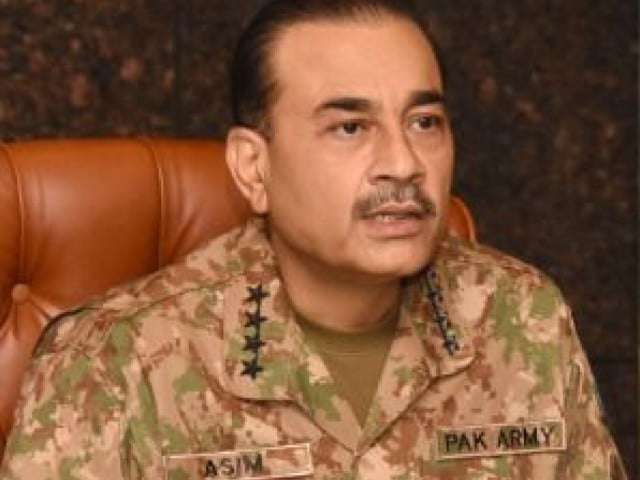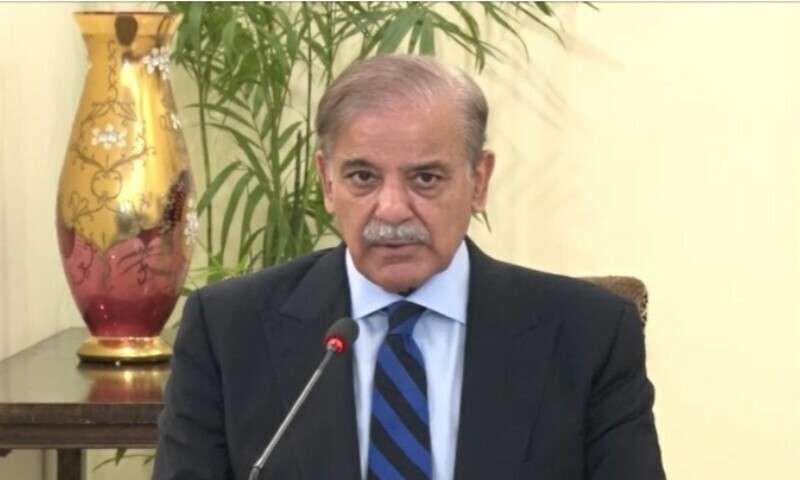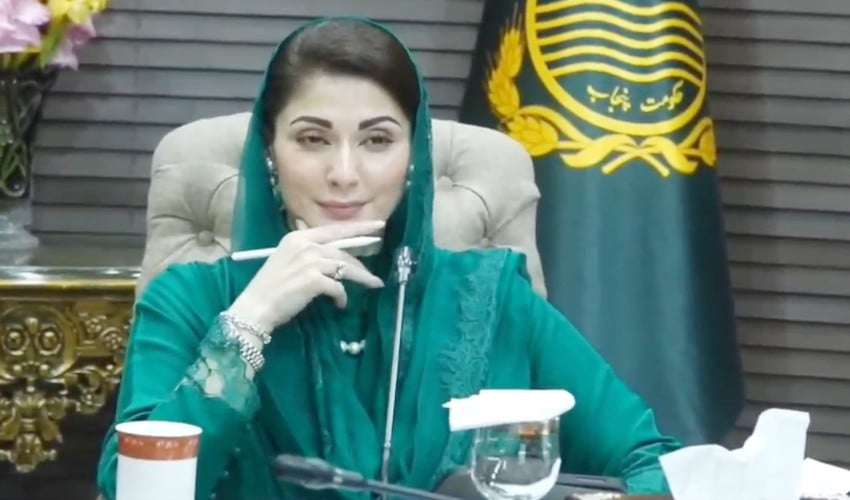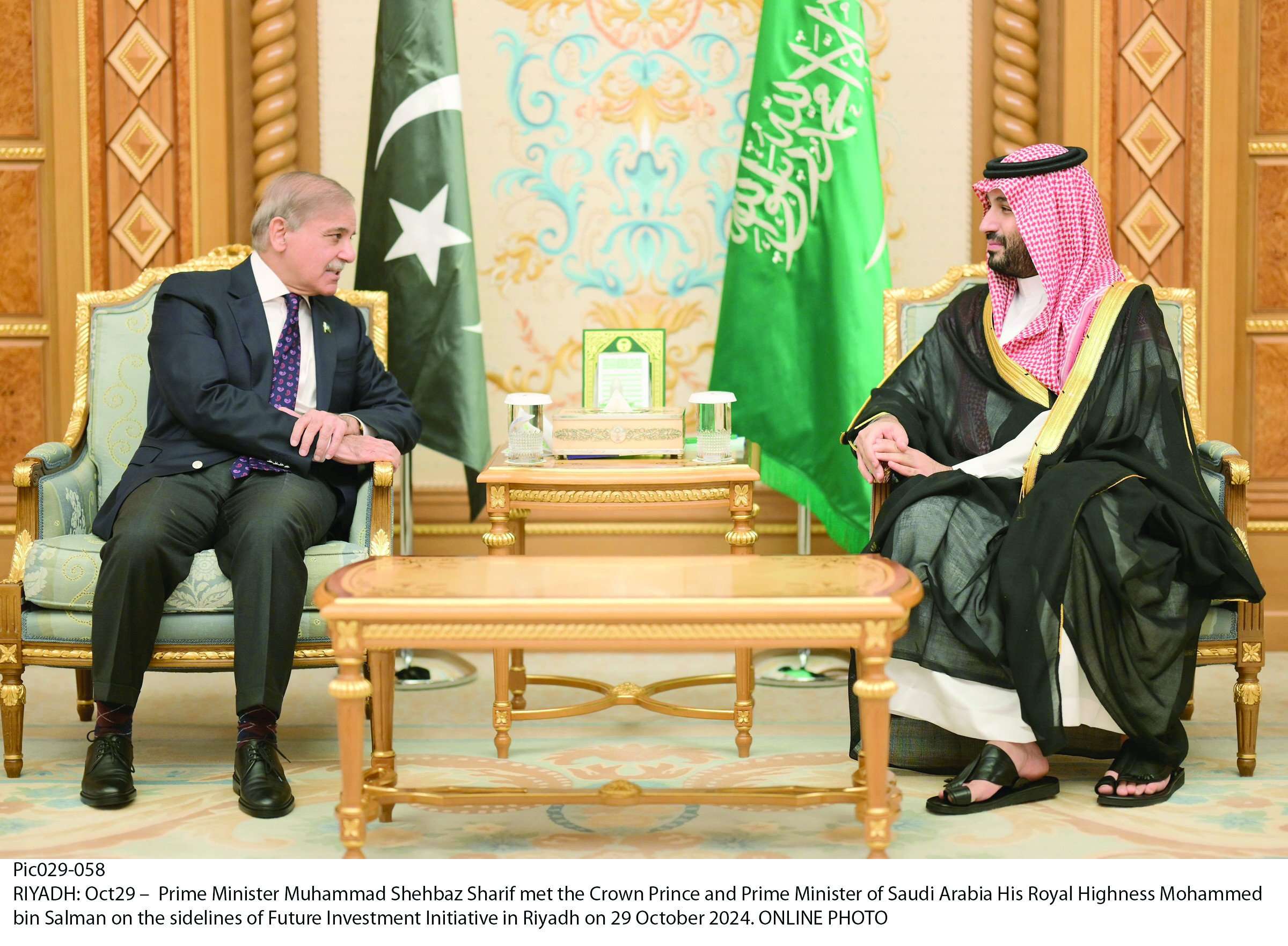Introduction
Pakistan’s Chief of Army Staff (COAS) General Asim Munir has categorically denied receiving any letter from any individual or political leader, including former Prime Minister Imran Khan. Speaking informally with journalists during a luncheon hosted for Turkish President Recep Tayyip Erdogan at the Prime Minister’s House, General Munir emphasized that even if he received such correspondence, he would not read it but instead forward it directly to Prime Minister Shehbaz Sharif.
This statement follows recent claims by PTI lawyer Faisal Chaudhry that Imran Khan has sent a third letter to the army chief, highlighting concerns about alleged electoral fraud and the need for political and structural reforms.
COAS General Asim Munir’s Statement on Receiving Letters
No Letter Received by the Army Chief
During the informal media talk, General Asim Munir firmly stated:
“I have not received any letter from anyone, and even if I do, I will not read it. I will send it to the Prime Minister.”
This statement reinforces the military’s stance of staying out of political disputes while reaffirming that all political concerns should be addressed through the appropriate government channels.
Pakistan’s Progress and Military’s Commitment
The army chief also reiterated his commitment to Pakistan’s development and stability, stating that the country is progressing well despite political challenges. He emphasized that the military remains dedicated to upholding national security and ensuring that Pakistan moves forward on the path of economic and political stability.
Imran Khan’s Alleged Third Letter to the Army Chief
PTI’s Claims About the Letter
A day before General Munir’s remarks, PTI lawyer Faisal Chaudhry addressed journalists outside Adiala Jail, claiming that Imran Khan had sent a third letter to the army chief. According to Chaudhry, this letter outlined serious concerns regarding alleged electoral fraud that reportedly benefited a minority over the majority.
He stated that:
“Imran Khan has shared the contents of the letter with PTI leadership, and it highlights six main points, including the need for deep structural reforms and the damage done to democracy by the government’s policies.”
Key Points of the Alleged Letter
According to PTI sources, the letter reportedly discusses:
- Alleged Electoral Fraud: Imran Khan has expressed concerns about irregularities in the electoral process and its impact on Pakistan’s democratic system.
- Structural Reforms: The need for significant reforms to improve governance, transparency, and accountability.
- Democratic Damage: Criticism of policies that have allegedly weakened democratic institutions and public trust in the system.
- Public-Military Relations: Addressing the widening gap between the military and the public and proposing ways to rebuild trust.
- Political Stability: The importance of ensuring a stable political environment for economic progress.
- Judicial Independence: Raising concerns about judicial influence and ensuring fair legal proceedings for all political figures.
PTI’s Response and Future Political Strategy
PTI’s Legal and Political Actions
Chaudhry also revealed that Imran Khan and several PTI leaders recently appeared in the GHQ case. In response to the evolving political landscape, PTI has taken several key decisions:
- Appointment of Aamir Dogar: PTI has decided to appoint Aamir Dogar as a member of the opposition’s negotiation committee.
- Formation of a Political Committee: New members will be added to PTI’s political committee, with a formal notification expected soon.
Imran Khan’s Previous Open Letters
Before this alleged third letter, Imran Khan had written two previous open letters to Army Chief General Asim Munir. The first letter sought to mend the strained relations between the military and the public. However, in the second letter, shared on his official Twitter account, Khan expressed frustration over what he perceived as a dismissive response from the military.
He wrote:
“I wrote the first open letter to you with the intention of improving the country’s situation, but the response was given with extreme irresponsibility and lack of seriousness.”
The Military’s Stance on Political Involvement
General Munir’s recent statement aligns with the military’s longstanding position of remaining neutral in political disputes. Over the years, Pakistan’s army has maintained that political matters should be handled by elected representatives, with the military focusing on national security and defense.
Shifting Political Dynamics in Pakistan
The ongoing exchange between PTI and the military highlights the broader political tensions in Pakistan. As PTI continues to challenge the legitimacy of the current government and electoral processes, the military’s neutral stance indicates a shift away from direct involvement in political affairs.
Public and Political Reactions
The public reaction to this situation has been mixed. PTI supporters argue that the military should take Imran Khan’s concerns seriously and intervene to ensure electoral transparency. On the other hand, government officials and political analysts see General Munir’s response as a reaffirmation of the military’s commitment to democracy and its decision to stay out of political conflicts.
Analysts’ Views on the COAS’s Remarks
Political analysts believe that General Munir’s firm stance sends a clear message:
- The military does not wish to be dragged into political battles.
- Any official communication should be directed through the appropriate government channels.
- Pakistan’s political leaders must work within constitutional frameworks to resolve their differences.
Conclusion
The denial by COAS General Asim Munir regarding receiving any letter from Imran Khan or other political figures reinforces the military’s stance on political neutrality. While PTI continues to raise concerns over electoral fraud and governance, the army chief has made it clear that any such matters should be addressed through the Prime Minister and democratic institutions.
As Pakistan navigates its political challenges, the focus remains on stability, governance, and ensuring a democratic process that serves the interests of the people.
FAQs
1. Has General Asim Munir received any letter from Imran Khan?
No, General Asim Munir has denied receiving any letter from anyone, stating that even if he does, he will forward it to Prime Minister Shehbaz Sharif without reading it.
2. What did Imran Khan’s alleged third letter contain?
According to PTI lawyer Faisal Chaudhry, the letter addressed concerns about electoral fraud, political instability, democratic damage, and structural reforms in Pakistan.
3. What is PTI’s next course of action?
PTI has decided to appoint Aamir Dogar to the opposition’s negotiation committee and expand its political committee to strengthen its legal and political strategy.
4. How has the military responded to political involvement?
The Pakistan Army has maintained its stance on political neutrality, emphasizing that political issues should be addressed by elected leaders, not the military.
5. How does this affect Pakistan’s political landscape?
The situation highlights the ongoing tensions between PTI and the government, with the military reinforcing its position of non-involvement in political affairs.



